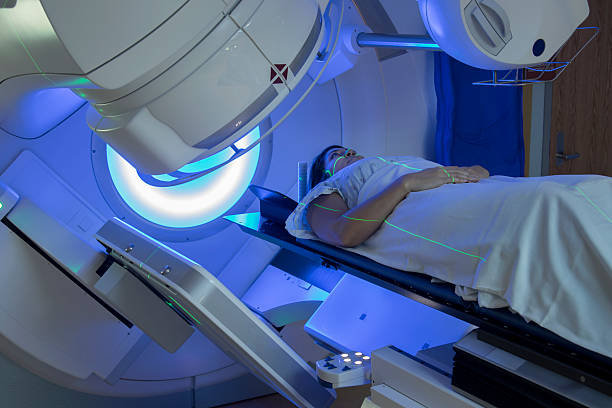Cancer immunotherapy is a rapidly evolving field that harnesses the power of the immune system to fight cancer. This article explores the recent advances in cancer immunotherapy and their potential impact on cancer treatment.
1. Checkpoint Inhibitors: Unleashing the Immune System
Checkpoint inhibitors are a class of drugs that block proteins on immune cells, allowing the immune system to recognize and attack cancer cells more effectively.
Drugs like pembrolizumab and nivolumab have shown remarkable success in treating various cancers, including melanoma, lung cancer, and bladder cancer. These inhibitors have revolutionized the treatment landscape and have provided durable responses in some patients.
2. CAR-T Cell Therapy: Engineering the Immune System
CAR-T cell therapy involves genetically modifying a patient’s own immune cells to recognize and destroy cancer cells. This personalized therapy has shown exceptional results in certain blood cancers, such as leukemia and lymphoma.
CAR-T cell therapy has the potential to be a game-changer in cancer treatment, and ongoing research aims to expand its application to solid tumors.
3. Tumor-Infiltrating Lymphocytes (TILs): Enhancing the Immune Response
TILs are immune cells that naturally infiltrate tumors. Researchers are exploring ways to isolate and expand these cells outside the body, making them more effective at recognizing and attacking cancer cells.
Early studies have shown promising results in melanoma and cervical cancer, and ongoing clinical trials are investigating their efficacy in other cancer types.
4. Personalized Cancer Vaccines: Training the Immune System
Personalized cancer vaccines are designed to stimulate the immune system to recognize and destroy cancer cells specific to an individual’s tumor.
These vaccines are created by analyzing the genetic makeup of the tumor and identifying unique antigens that can trigger an immune response. Early trials have shown encouraging results in melanoma and lung cancer, paving the way for further investigation.
5. Combination Therapies: Maximizing the Immune Response
Combining different immunotherapy approaches or combining immunotherapy with traditional treatments like chemotherapy or radiation therapy has shown enhanced efficacy in some cases.
The synergistic effects of these combinations can lead to improved response rates and better long-term outcomes. Ongoing research aims to identify the most effective combinations for different types of cancer.


